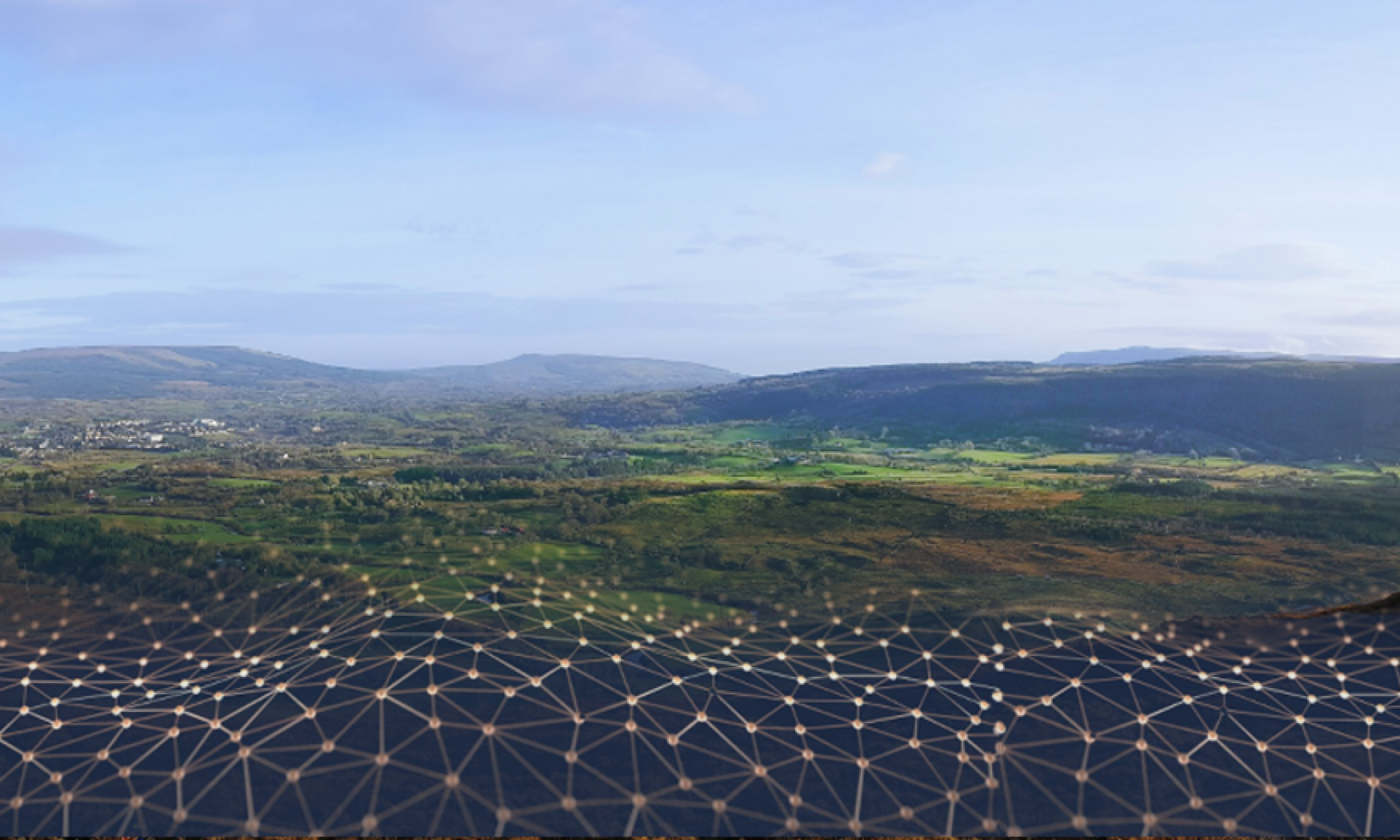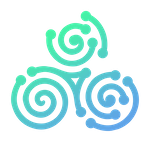Digital Transformations brings together artists, technologists, media and creative professionals to think radically about what culture inside a digital society will look like.
The conference takes place over two days. On the first day, will hear from the people who are bringing about the digital society, from people who are exploring its impact on us all, and from artists who are confronting these changes in their work. On the second day, five groups will meet to have a dialogue about the themes of the conference, assisted by specialists in each area.
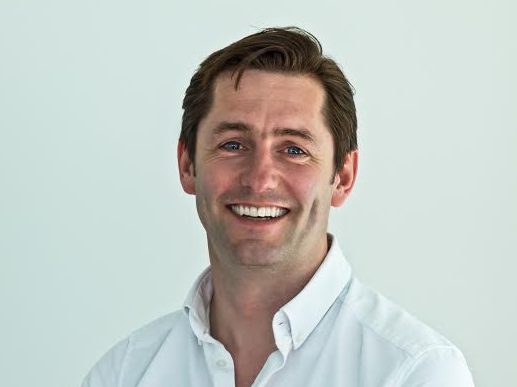
Glyn Darkin 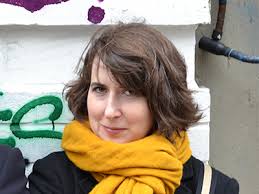
Leah Hilliard 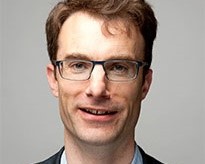
Ronan Laffan 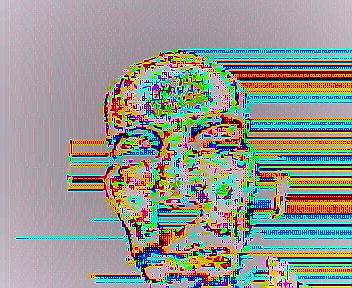
Ian Keaveny 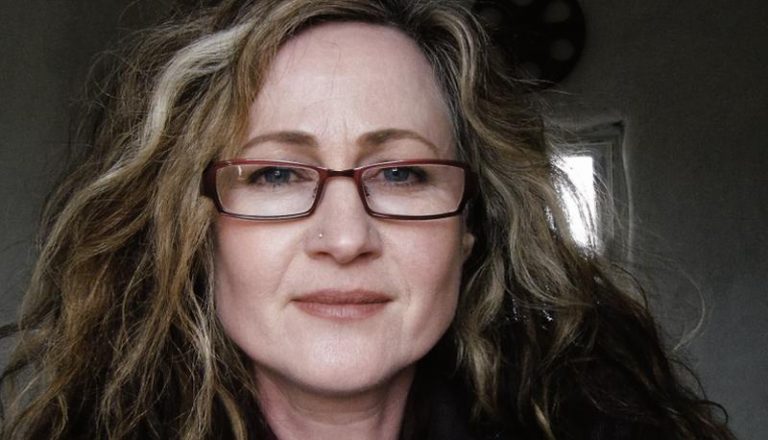
Paula Kehoe 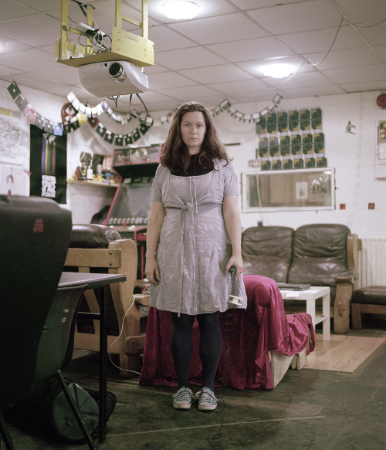
Sineád McDonald 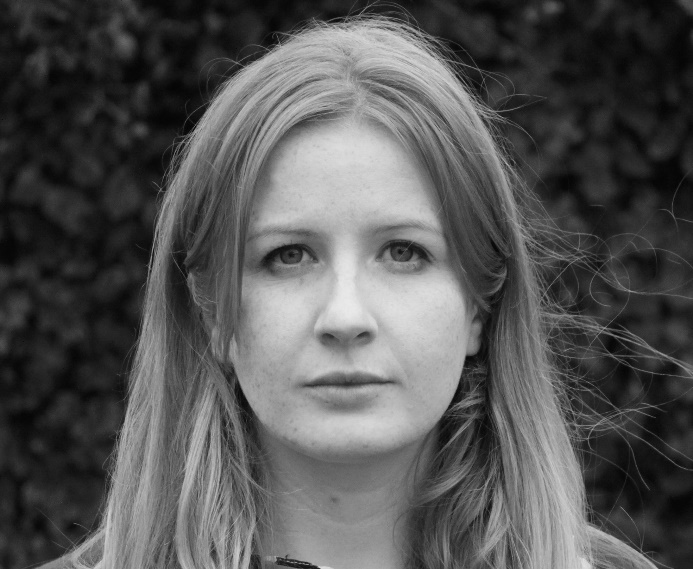
Joanna Hopkins 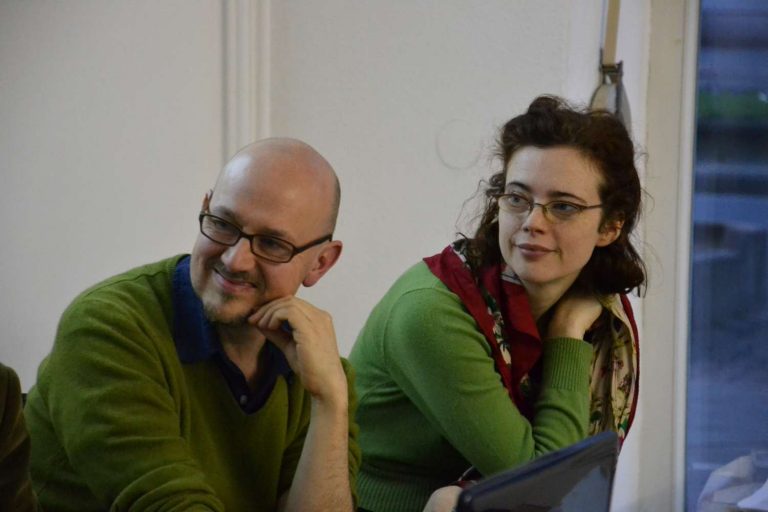
plan b 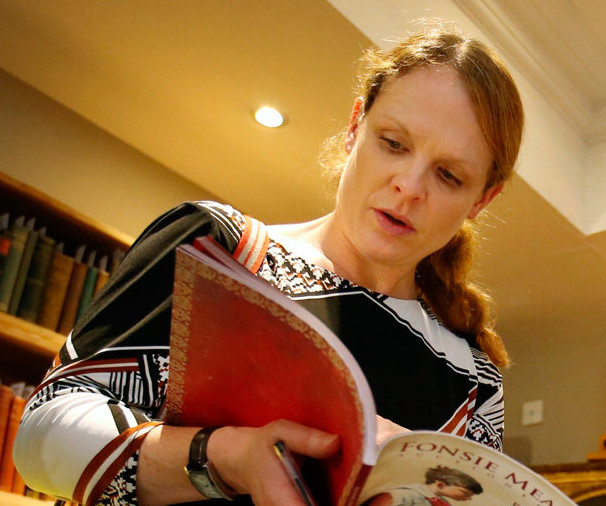
Leah Benson 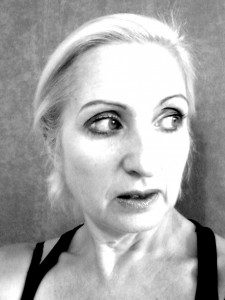
Cate Field 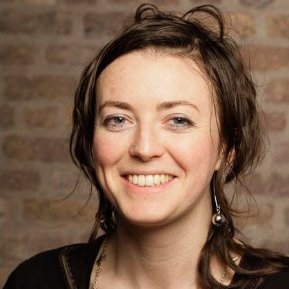
Siobhán Clancy 
Liing Heaney 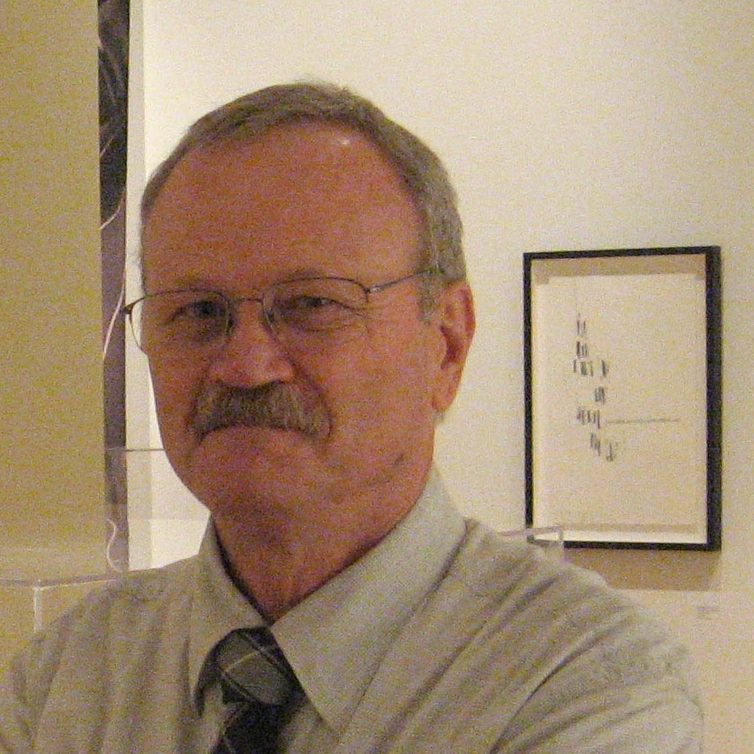
Steve Woodall 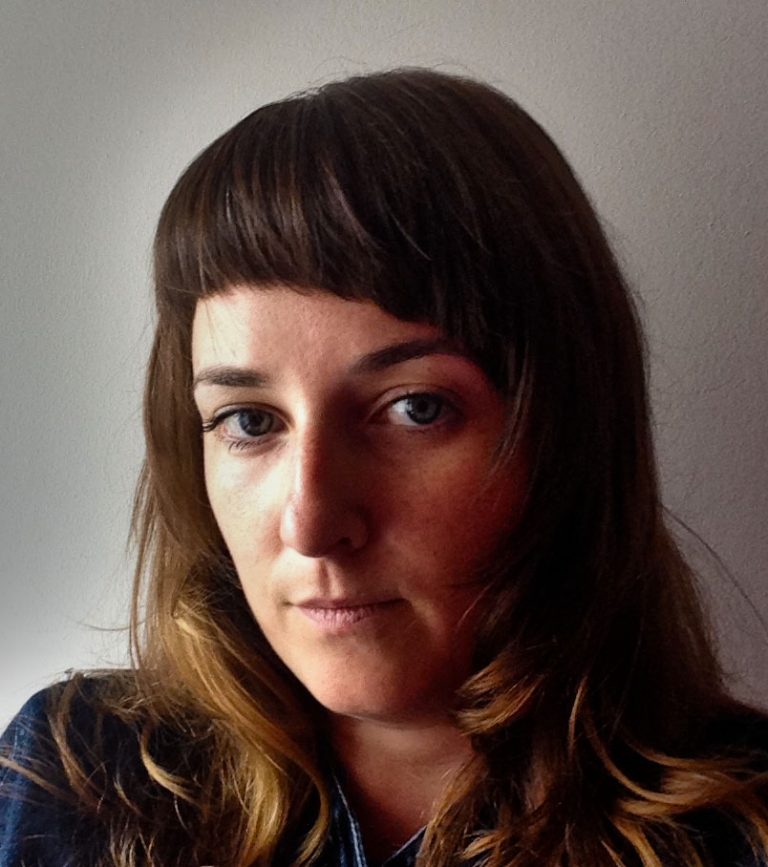
Denise McDonagh 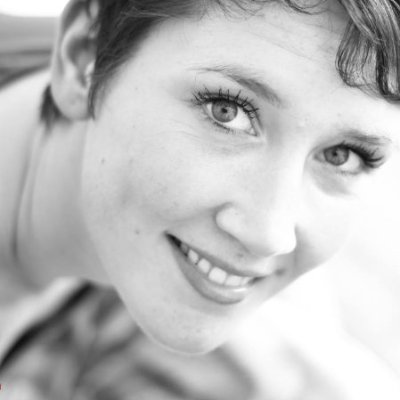
Loes Bogers
Theme 1: Art for What’s Sake?
What kind of art is possible in a digital society? Not just art forms, but what kinds of artists (are they human?) and audiences will there be? Will art serve the same purpose that it has done for centuries?

Steve Woodall
Tell me a story: A history of literary transmission from bards to iPads and beyond
Steve traces this history of story-telling, and of creative expression generally, from the oral tradition to Facebook. He asks who are the agents and users, tools and media of the digital society. He highlights the challenge of archiving digital artefacts, and explains how digital platforms can be as much a barrier to innovation as an enabler.
![]() Steve Woodall is Collections Specialist for artists’ books at the Achenbach Foundation, Fine Arts Museums of San Francisco, currently working on interactive mobile platform apps that represent bookworks in the collection. He has been an artist in residence at the Xerox Palo Alto Research Center and in 2013 participated in Transforming Artist Books, an AHRC-supported research project at Tate Britain investigating digital interfaces for artists’ books.
Steve Woodall is Collections Specialist for artists’ books at the Achenbach Foundation, Fine Arts Museums of San Francisco, currently working on interactive mobile platform apps that represent bookworks in the collection. He has been an artist in residence at the Xerox Palo Alto Research Center and in 2013 participated in Transforming Artist Books, an AHRC-supported research project at Tate Britain investigating digital interfaces for artists’ books.

Paula Kehoe
Streaming and dreaming: Virtual Reality filmmaking and the non-narrative expression
![]() As technology evolves and changes, is it just the big companies and Silicon Valley labs that are in control of these new mediums, or can we have access to it at a local level? Paula also explores where tradition and technology collide and the dissolution of geography in the VR realm.
As technology evolves and changes, is it just the big companies and Silicon Valley labs that are in control of these new mediums, or can we have access to it at a local level? Paula also explores where tradition and technology collide and the dissolution of geography in the VR realm.
Paula Kehoe is an independent filmmaker based in Connemara of the critically acclaimed documentaries, Deargdháil: Anatomy of Passion, Poems of Máire Mhac an tSaoi, and An Dubh ina Gheal: Assimilation. She is also developing ways of visualising poetry on film, both 2D in creative documentary form and embracing new technologies, transmedia and immersive film projects, including the experimental Virtual Reality 360 film ‘I am Galway 2020’.

Cate Field
Don’t turn off your smartphones: short attention spans and de-marginalising audiences
Using smart phones, tablets and iPads, Cate’s work demonstrates how digital technology can make the creation of art accessible to those who find themselves on society’s edge. Cate combines visuals and sound with an interactive lecture during which she will encourage gentle audience participation and question the current theory that our attention spans are becoming shorter due to increasing exposure to technology, and demonstrate how this exposure can positively help us to evaluate and make sense of our environment.
![]() Cate Field is a sound and visual artist, teacher and lecturer, and a specialist in working with learners with Specific Educational Needs & Disabilities. Cate’s interests include how neuroscience, psychology and art meet, and how technology can enhance learning experiences and encourage the development of creativity.
Cate Field is a sound and visual artist, teacher and lecturer, and a specialist in working with learners with Specific Educational Needs & Disabilities. Cate’s interests include how neuroscience, psychology and art meet, and how technology can enhance learning experiences and encourage the development of creativity.

Sineád McDonald
Entangled: art-meets-tech-meets-politics
Sineád explores the use of the maker model in the arts, and the increasing entanglement of tech in philosophy and practice. She will survey new anti-disciplinary approaches and emerging models of good practice in building collaborations across traditionally siloed modes of making.
![]() Sinead McDonald is a visual artist working mostly in physical computing and video. Her work deals mostly with technology, the sciences, and collaborative practice, and how using different disciplines can help navigate and illuminate difficult and taboo subjects. Sinead is a media lecturer at IT Tallaght, currently designing a new MA Media and Electronic Arts, which explores the converging disciplinary space between engineering, media, and art.
Sinead McDonald is a visual artist working mostly in physical computing and video. Her work deals mostly with technology, the sciences, and collaborative practice, and how using different disciplines can help navigate and illuminate difficult and taboo subjects. Sinead is a media lecturer at IT Tallaght, currently designing a new MA Media and Electronic Arts, which explores the converging disciplinary space between engineering, media, and art.

Leah Hilliard
Age of Loneliness
Leah delivers a spoken word performance about women, social media and the importance of the electric kettle as a tool for mindfulness in the modern age. In her performance she reflects on the changes within society and community. This work builds on series of her recent performance lectures looking at women and technology in the home, the notion of the smart phone as a form of home and most recently how the way in which we listen has changed.
![]() Leah Hilliard is an artist and the co-ordinator, lead researcher and writer for the MFA, Art in the Digital World at the National College of Art and Design, Dublin. Her work has been shown at the Liverpool Biennale and the Dublin Fringe Festival, and internationally. Leah continues to be active as artist, curator, researcher and public art consultant. Leah was the Artistic Programme coordinator and curator of Arthouse Multimedia Centre for the Arts, creating events such as SEED, Aspidistra and FREEZE (Winter Projection Festival).
Leah Hilliard is an artist and the co-ordinator, lead researcher and writer for the MFA, Art in the Digital World at the National College of Art and Design, Dublin. Her work has been shown at the Liverpool Biennale and the Dublin Fringe Festival, and internationally. Leah continues to be active as artist, curator, researcher and public art consultant. Leah was the Artistic Programme coordinator and curator of Arthouse Multimedia Centre for the Arts, creating events such as SEED, Aspidistra and FREEZE (Winter Projection Festival).
Theme 2: Digital Human
Is the Digital Society defined by the interaction of human beings and the environment they occupy and have created by their collective action, or is a human being+machine now the unit around which identity, rights, legal identity and meaning revolve?

Joanna Hopkins
The Empathy Machine
The Empathy Machine is an interactive video booth. It works via a pre-programmed Raspberry Pi, it reads facial and voice detection, which then triggers a series of pre-recorded prompts and questions. The Empathy Machine invokes the idea that even though our daily interactions are becoming more computer based, an on-screen persona may never replicate the empathetic nature of a real live human being. Online doctors and medication is a rapidly growing area. If, without touch, and physical awareness or assessment, can diagnosis be wrong or not helpful at all?
The Empathy Machine examines how our daily interactions with others are increasingly occurring via online or digital sources. Are we becoming less intuitive to the basic sense of touch, and how will this affect our other senses, our brains, and our connectedness with other objects and humans into the future?
![]() Joanna Hopkins is a visual artist currently based in Galway City, working in video, interactive art, installation art and drawing. Her work explores the digital society, the brain, how people behave and psychology. She has completed multiple projects within the social engagement, digital and residency based sphere, including the CURAM Artists in Residence Programme in NUIG.
Joanna Hopkins is a visual artist currently based in Galway City, working in video, interactive art, installation art and drawing. Her work explores the digital society, the brain, how people behave and psychology. She has completed multiple projects within the social engagement, digital and residency based sphere, including the CURAM Artists in Residence Programme in NUIG.
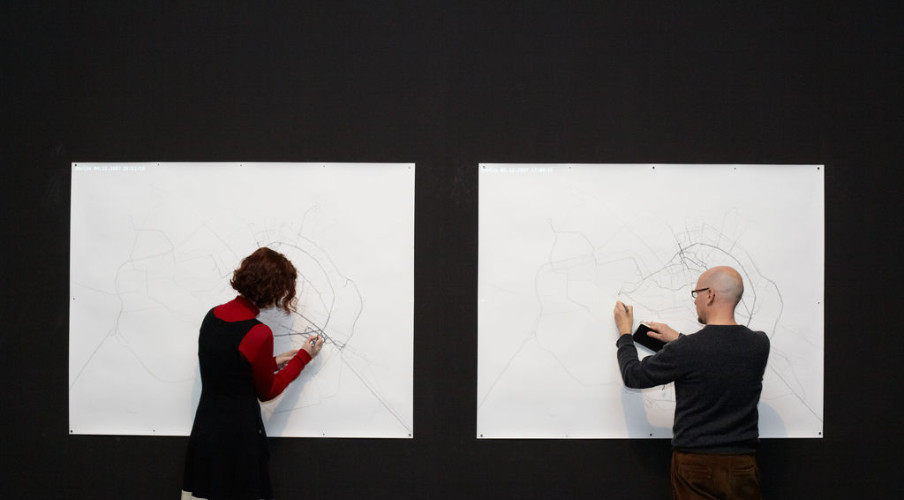
plan b
the oxymoron of “personal data”
Sophia New and Daniel Belasco Rogers will give an illustrated talk, explaining our practice of data collection, which we consider “sousveillance” rather than surveillance but has directly led us into a more critical and politicised understanding of personal data and its historically unprecedented current levels of capture. They will talk about their own experiences of making art from digital sources, using open source operating systems and software. Their research currently explores how to represent digitally collected information in analogue, crafted material, such as representing our GPS data in tapestry.
![]() Sophia New and Daniel Belasco Rogers, aka plan b, are British artists based in Berlin since 2001. They make performances, new media works, sculpture, prints, drawings and installations. They have recorded everywhere they have been with a GPS, each day for the last decade and the collection of all their text messages sent to each other.
Sophia New and Daniel Belasco Rogers, aka plan b, are British artists based in Berlin since 2001. They make performances, new media works, sculpture, prints, drawings and installations. They have recorded everywhere they have been with a GPS, each day for the last decade and the collection of all their text messages sent to each other.

Glyn Darkin
Demystifying the digital society
Everyone who want to sell something will tell you that what they have is newer, better, faster. Tech’s latest mantra is “digital” and “digital transformation”. Is it just sloganizing? What makes the Digital Society different from the Information Age? Where can we see it emerging? Glyn is at the forefront of the changes in the technology changes that are transforming business and society, and he’ll present of primer of the most far-reaching ones.
![]() Glyn is Chief Digital Architect at Wipro Digital and is expert in designing, building, delivering and running successful digital services by applying the skills and experience learned through delivering solutions for some of the UK & Ireland’s largest brands: Tesco, Sony, Clarks, Levis, Sky, Lakeland, Toys‑R‑Us, RBS, Musgrave, FBD, SEAI, and AIB.
Glyn is Chief Digital Architect at Wipro Digital and is expert in designing, building, delivering and running successful digital services by applying the skills and experience learned through delivering solutions for some of the UK & Ireland’s largest brands: Tesco, Sony, Clarks, Levis, Sky, Lakeland, Toys‑R‑Us, RBS, Musgrave, FBD, SEAI, and AIB.
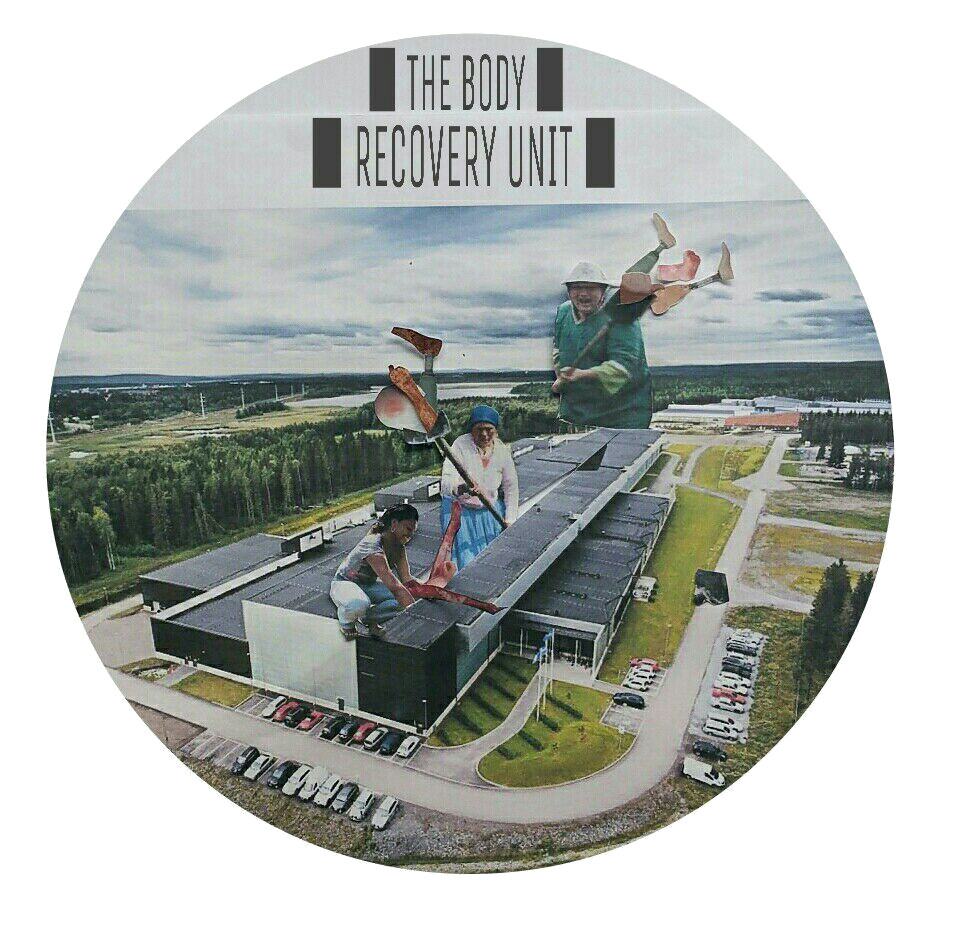
Alexandra Jonsson and Loes Bogers
The Body Recovery Unit
Bogers and Jonsson’s show and talk about their project ‘Computational Touch’, which uses art to explore how we experience ‘being touched’ by digital technologies. Working with midwives, expecting mother and the public they are currently developing a series of textual ‘body maps’ that facilitates the experience of ‘digital touch’, and enable us to ask: what are the boundaries that digital technologies draw through the body, and who and what do they benefit? How can we begin to reclaim practices of ‘consent’ around a body, which has already been claimed the normalised ‘opt-out’ culture of the ‘smart world’?
![]() Alexandra Jonsson is a practice-based researcher at looking how to use critical art practice and feminist methodology to explore the production of power in digital culture. Loes Bogers is a design coach working in the field of digital fabrication and feminist technologies. They are part of the Body Recovery Unit, an art-based feminist research group set up to explore ways to scavenge for body parts in digital waste materials, public records and databases to investigate their financial, social and political worth.
Alexandra Jonsson is a practice-based researcher at looking how to use critical art practice and feminist methodology to explore the production of power in digital culture. Loes Bogers is a design coach working in the field of digital fabrication and feminist technologies. They are part of the Body Recovery Unit, an art-based feminist research group set up to explore ways to scavenge for body parts in digital waste materials, public records and databases to investigate their financial, social and political worth.

Leah Benson
Individual rights to privacy and societal rights to memory
The concepts of human rights and democracy go hand in hand and for some time privacy has been recognised as a human right. Individuals have expectations as to how their private information is managed in a democratic society. Leah will draw on her work in the National Gallery of Ireland to tackle the key issues surrounding the conflict between a society’s right to retain and disclose personal information to facilitate historic research and the rights of the individual to privacy, how these conflicting concepts are viewed, and what is required to provide an adequate balance between them. In a time when the custodians of collections are under increasing pressure to digitize and disseminate collections are we thinking enough about how this impacts on privacy?
![]() Leah Benson has over 15 years’ experience as a professional archivist. In 2002 she was appointed Archivist for the National Gallery of Ireland where she works to ensure that the holdings of the archive collections in the Gallery are preserved, protected and accessible, as well as accurately reflecting the institution and the gallery’s own collection. She has served as Chairperson of the Society of Archivist Ireland (now ARA), Irish representative for the ARA Committee for the Regions as well as Chairperson of the Irish legislation sub-committee amongst other positions.
Leah Benson has over 15 years’ experience as a professional archivist. In 2002 she was appointed Archivist for the National Gallery of Ireland where she works to ensure that the holdings of the archive collections in the Gallery are preserved, protected and accessible, as well as accurately reflecting the institution and the gallery’s own collection. She has served as Chairperson of the Society of Archivist Ireland (now ARA), Irish representative for the ARA Committee for the Regions as well as Chairperson of the Irish legislation sub-committee amongst other positions.
Theme 3: Networked Personality
We’ve always been social, but the digital society seems to have created the paradox of constant contact and alienation. We have no shortage of channels for communication, self-expression and re-invention, and yet authenticity, credibility and dependability seem to be increasingly elusive.

Ian Keaveny
Glitch Art
A brief survey, with examples of the rise of Glitch art with reference to its influence, issues of copyright, in relation to traditional art forms and practices, its aesthetics, Dirty new media and porn, its bypassing of traditional art criticism and gallery curation and its celebration of the broken as a response to an increasingly intrusive surveillance culture. If technology normally tries to trap and “handle” error – Glitch Art celebrates error. Ian will provide us with a brief survey, with examples of the rise of Glitch art with reference to its influence, issues of copyright, in relation to traditional art forms and practices, and its aesthetics.
![]() Ian holds a BA Hons Fine art painting/printmaking from Winchester school of Art and has had a number of solo and group shows. Since 2012 worked almost exclusively online and in digital media.
Ian holds a BA Hons Fine art painting/printmaking from Winchester school of Art and has had a number of solo and group shows. Since 2012 worked almost exclusively online and in digital media.

Ronan Laffan
Music of the Engineers
The digital society needs technical people naturally, but the obsession with the mechanics of technology and the co-opting of the language of the creative process risks supressing real creativity and crippling innovation. Ronan argues for a renaissance of the arts in the tech industry.
![]() Ronan is Chief Solution Architect at Version 1, a leading Irish and UK IT services company. Ronan has over 15 years’ experience in the delivery of technology solutions and is known in the industry as an innovative and strategic thinker.
Ronan is Chief Solution Architect at Version 1, a leading Irish and UK IT services company. Ronan has over 15 years’ experience in the delivery of technology solutions and is known in the industry as an innovative and strategic thinker.

Liing Heaney
Networked Personality
Liing delves into the isolating affects of digital technologies in physically remote and rural regions. She explores the links and tensions between geological time/pre-history and the “Information Age”. Liing reveals “the myth of the wilderness” in a digitised world and the physical components & limitations of digital infrastructure.
![]() Liing is a new media artist working in Dublin, Ireland. She received her BA from the National College of Art and Design, Dublin in Fine Art Media & Visual Culture in 2015. Since graduating, she has been making work influenced by natural systems, cybernetics, alternative geography and feedback loops. Her work engages with a range of media from electronics, game engines, and 3D animations to analogue forms such as drawing and sculpture.
Liing is a new media artist working in Dublin, Ireland. She received her BA from the National College of Art and Design, Dublin in Fine Art Media & Visual Culture in 2015. Since graduating, she has been making work influenced by natural systems, cybernetics, alternative geography and feedback loops. Her work engages with a range of media from electronics, game engines, and 3D animations to analogue forms such as drawing and sculpture.
Theme 4: Manifesto
What are the principles of freedom, of choice in Digital Society? How do we recognise these rights – can we turn to our artists to inspire us and preserve our dignity and independence? Do we need a manifesto to rally around so that we still have the power of free choice – or is the idea that we can have a local cultural identity to defend passé?
Paul O’Neill
Practice what we Preach: Tactical Media Art as a form of Political Resistance
Within the context of new media art practice, tactical media exists as both an artistic and critical response to neoliberal cultural, political and economic practices that occur in our contemporary post-industrial society (Rita Raley, 2009). New media artists engaging with tactical media share and promote their work and the underlying technical processes that enable them through accompanying manifestos, workshops, talks and various open–source platforms. It is through this sharing process that these practices extend beyond cultural engagement and move into a form of political activism. As a result of this dissemination process, tactical media practitioners are offering technical skills and tools that can be used within this contemporary mobilisation of resistance and as such are worthy of analysis.
![]() Paul O’ Neill is an artist and researcher based in Dublin, Ireland. His interests and research relate to Tactical Media, Hacktivism, Remix Culture and Media Archaeology. This discourse is reflected in his academic background, a graduate of Dublin City University with a BA International Relations, he followed this with a MSc Multimedia also from Dublin City University and then completed an MA Art in the Digital World in the National College of Art and Design. Paul is currently completing a PhD in the School of Communications in Dublin City University.
Paul O’ Neill is an artist and researcher based in Dublin, Ireland. His interests and research relate to Tactical Media, Hacktivism, Remix Culture and Media Archaeology. This discourse is reflected in his academic background, a graduate of Dublin City University with a BA International Relations, he followed this with a MSc Multimedia also from Dublin City University and then completed an MA Art in the Digital World in the National College of Art and Design. Paul is currently completing a PhD in the School of Communications in Dublin City University.

Siobhán Clancy
Gaming the System
Siobhán will talk about gamification of the hospital environment for patients and how the metaphors of games (challenge, surprise, risk, achievement) can help long-term patients make the transition out of hospital, but also how art is an integral part of gamification and design-thinking.
![]() Siobhán Clancy is a visual artist who collaborates with groups on multi-media and live works on themes of health, disability, education and social justice particularly concerning young people and women in Ireland. In 2014, she completed an MA in Community Education, Equality and Social Activism at Maynooth University. Siobhán’s collaborative work in youth arts has been shown at CAP Sciences Museum-Bordeaux, The Hunt Museum-Limerick, The Digital Hub-Dublin, Abhainn RÃ Festival-Callan, Disposable Film Fest- San Francisco, Beaumount Hospital-Dublin amongst others. She has been supported by awards from The Arts Council, Create (The National Development Agency for Collaborative Arts and Dublin City Council). Siobhán has been lead artist mentor on Helium’s Two Suitcases Project since 2012. In 2016, she co-produced a promenade film screening at IMMA (Irish Museum of Modern Art, Dublin) showcasing films by Two Suitcases with Canteen, a support group for young people with experience of cancer. She is currently artist in residence for the Helium ‘Fireflies’ project at Temple Street Children’s Hospital with Rachel Tynan.
Siobhán Clancy is a visual artist who collaborates with groups on multi-media and live works on themes of health, disability, education and social justice particularly concerning young people and women in Ireland. In 2014, she completed an MA in Community Education, Equality and Social Activism at Maynooth University. Siobhán’s collaborative work in youth arts has been shown at CAP Sciences Museum-Bordeaux, The Hunt Museum-Limerick, The Digital Hub-Dublin, Abhainn RÃ Festival-Callan, Disposable Film Fest- San Francisco, Beaumount Hospital-Dublin amongst others. She has been supported by awards from The Arts Council, Create (The National Development Agency for Collaborative Arts and Dublin City Council). Siobhán has been lead artist mentor on Helium’s Two Suitcases Project since 2012. In 2016, she co-produced a promenade film screening at IMMA (Irish Museum of Modern Art, Dublin) showcasing films by Two Suitcases with Canteen, a support group for young people with experience of cancer. She is currently artist in residence for the Helium ‘Fireflies’ project at Temple Street Children’s Hospital with Rachel Tynan.
